Why not? In 1989 I've used my Dad's 1981 VW Passat for smuggling, too. To bring newspapers and political magazines into the DDR. They were strictly forbidden there.
The last years I've smuggled a bit, too, coffee from Holland. Last year the rule was cancelled, that you are allowed to bring max. 20 kg of coffee with you. Before that it was smuggling, and if you were catched, you have to pay fine and the saved tax, too.
One time I was really lucky - the German boder patrol has stoped me, when I had minimum 30 kg with me, plus ca. 200 boxes of cigarettes. When they've asked me, what I've bought in NL, I've saved my ass with something, which I'm very good in - talking bullshit.

I've babbled "Oh yes, many healthy things, for example much vegetables. You see, I should better loss weight, so I'm eating fresh vegetables. And fat reduced milk and dairy-stuff. Do you know, how big is the choise of it in Winterswijk?
blablabla....
They've rolled with their eyes and have shooed me away.

All that I've done for my colleagues and my wife's family. I don't smoke and don't drink coffee by myself.
My God, this is worse than smuggling goods to Yugoslavia from Trieste back in 70's and 80'



in order not to pay high taxes, I tought that things like that never happen in EU!

Smuggling coffee from Greece to Yugoslavia was very popular in mid-80's, due to lack of coffee in Yugoslavia. In old TV show called "Bolji Život", that was on air from 1986. to 1991. (last "realistic" Yugo-TV show, that truely represents life of average Yugoslav family in the 80's), shows smuggling situation in one episode - and at the end publician (guess that's the word for a guy working on the customs) catches main caracter and thinks that he is gay

(Yugo 45A, Citroen AX, Visa and BX, Mercedes 190, 1989. Audi 80 (the egg, as it is nicknamed here) etc. can be seen, all brand new

). In 90's everything was smuggled - from gasoline to meat

!
A question about the abandoned cars: are you allowed to let them stand around on public streets?
Abandoned cars are not allowed to stand on the streets and parkings. Inspector puts a warning on your windshield (dear owner of ...., you have to move your car within 24 hours/48hrs/7 days...), and if you don't move your car - it is taken to the abandoned car lot (from where pics from previous page come). If you want your car back, you must pay approx. 5000 dinars (50 euro) fine + 200 dinars (2 euros) for each day car spent on the lot (but usually you pay just first part of the fine, and rest is forgiven). If you don't claim your car back after some time (3 months period or so), it is sold as scrap metal, and there is no fine you have to pay (but you loose your car). But it's not common people to abandon their cars - they usually sell them to some junk-yard or recycling center (and you can get up to 80 euros, depending on the car's weight).
In private ground you can keep whatever you want, but if you want to make a junkyard you must have a hall for dismounting cars, separate tanks for car liquids, paved yard, electricity and running water, some kind of storehouse for parts(with concrete floor, ventilation etc.), even some kind of schredder for car bodies... Experts I've spoken with say that this new environmental law is more strict than laws in EU, because government wants to prevent same thing that happened to Romania and Bulgaria - beat-up cars lying all over the place, on improvised junk-yards in the countryside. Owners of the junk-yards deprecated a bit, but they changed nothing. Honestly - many of them are scum. This is the story why.
As I previously said, average car in Serbia is 14,7 years old and importing cars that are damaged of doesn't meet Euro 3 standard can't be imporetd. If you want to boy a part from abroad, you can - but you have to pay taxes, customs etc. For example, if you want to buy a VW Golf 2 1.6 diesel engine in Germany - you can, altough it doesn't meet Euro 3, but only if you own VW Golf 2 with 1.6 diesel engine. You also have to pay high taxes - about 10% of engine's catalog value. Pretty complicated, huh? So here is what people do.
There are many people from Serbia that work in Germany, Austria, Switzerland etc., and they all have right to drive cars with plates from the countries where they temporarly work. When they enter Serbia, no one writes down if they came by car, bus, on foot - if that was also checked it would take days to cross the border! So, people from with let's say Austrian working visa buy beat-up Passat B3 for 300 euros, drives it back to Serbia and sells it for 800 euros to some junk-yard (smaller amount is used for different purpose, will be explained). He takes the plates and goes back to Austria by bus, where he unsubscribes(I guess that is the word for situation when you return your plates to the police) the car.
Guys from the junk-yard dismount the car, take all sellable parts, and then cut rest of the car to pieces and sell it as scrap metal. Everything is finished in max 2 days, and parts are later sold on car-parts black market. They pay nothing to the state, and earn huge amounts of money - bonnet is 50-70 euros, doors 40, bumpers 50 etc, depending on the model. They can earn up to 10 times more they had to pay to bring the car here!

But there is one more thing that can be done with illegaly imported cars.
Junk-yards also buy cars with serbian plates that are damaged in crashes, beat-up cars, rusty etc. They are perfectly legal, but not usable anymore. So they find usable "illegal" car, and change chasis numbers

, and then sell them as perfectly legal and "in good shape" cars! Some owners of beat-up cars also do the same thing - buy same car as theirs from abroad, bring it here somehow (usually find someone with working visa to drive it here, usually someone they know) and in "specialised shops" change chasis number (price depends on the model - from 250 to 800 euros)! They sell old car as scrap metal, and drive "new one" with papers from the previous! Usually such cars are Golf Mk2, Opel Kadett E, Citroen BX, Citroen AX (changing numbers is very easy on Citroens, since number on old models is embedded only on one spot), Mazda 626, 323, Audi 80/100 - "the egg", and lately even newer cars - Opel Vectra/Astra F, Omega, Renault Clio, Audi and BMW models that are not Euro 3... Classical crime!

Police now has special lab where they send cars they suspect are illegal - most modern equipment that includes some lasers, cameras, chemicals and hundred of other things that halp them to find if someone messed with the car. It is also posibble for civilians to check if car they want to buy is "correct" - for approx. 300 euros they find out if car was sometimes crashed and then repaired, if someone was messing with chasis numbers, even if car's engine was changed some time ago! They also check Interpol's stolen car database.
A lot of old (20+ yeras)cars in Serbia was "renewed" in the way I described. Last summer, police organised control of car chasis numbers - only during one night they prized 20+ cars on one single spot in Belgrade, most of them 15+ yrs old. A year ago 6-member group from Ruma (60 km's northwest of Belgrade) was arrested - they specialised in changing chasis numbers on non-Euro 3 cars. Just imagine - you buy crashed Golf 3 for 300 euros, another one for 400 euros from Germany, have some expences to bring it here and change te number, maybe bribe someone, and sell it for 3500 euros!

Classical crime!
Cars that are not legaly imporeted are sometimes sold over ads - but most of people that sell them trough the ads are not part of some organized group, and they earn very little per car. Police doesn't bother them (doesn't call them in order to prize cars etc) that much, because they have more important things to do. Also, the law in that area is full of holes - new one is supposed to be voted soon. In general, cars that have serbian plates are cold "domestic", ones with foreign plates are called "foreigners", and ones with changed numbers are "re-typed". Here are some ads to make an example:
Obviously "re-typed" BX - add says it is from 1985., and it is obvious that this is Series 2 BX:
http://www.polovniautomobili.com/oglas264370/citroen_bx_14/
Another one - GTi didn't exist in 1986:
http://www.mojauto.rs/polovni-auto/471444
"Domestic" BX, perfectly legal:
http://www.polovniautomobili.com/oglas270985/citroen_bx_16/
"Foreigner" - waits for someone to buy it - to use it for parts or "re-type" it:
http://www.mojauto.rs/polovni-auto/425787

 I really should stop with multi-tasking - reading and typing here and on my mobile.
I really should stop with multi-tasking - reading and typing here and on my mobile. 






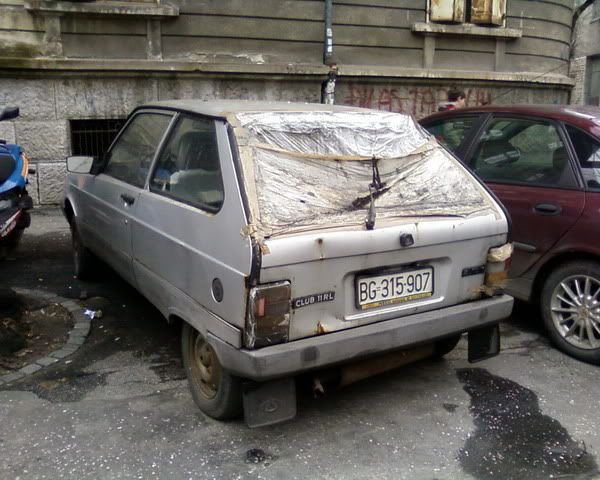
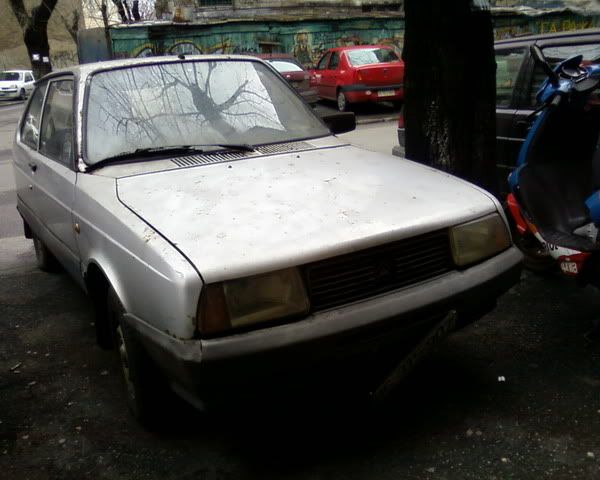

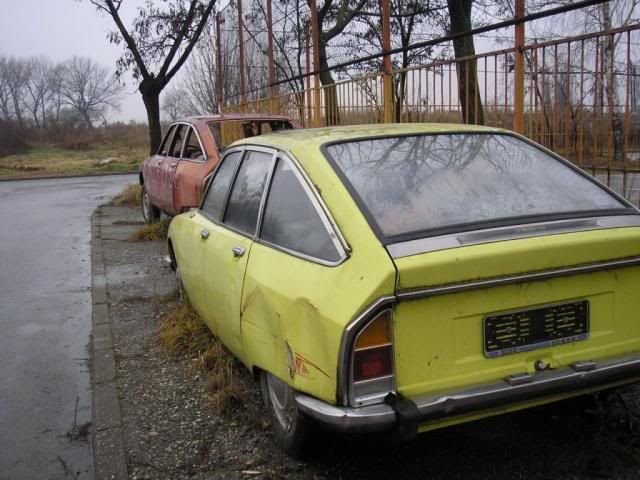
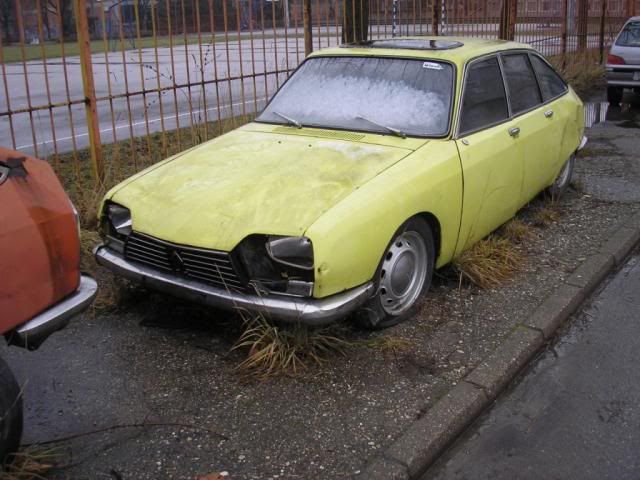
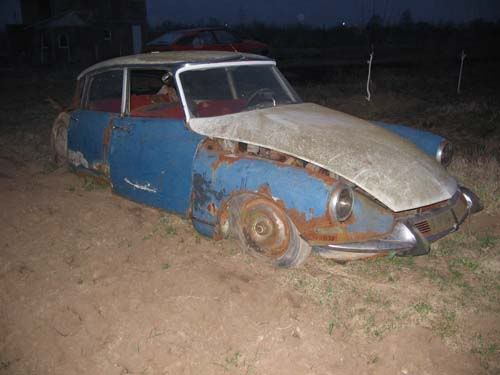
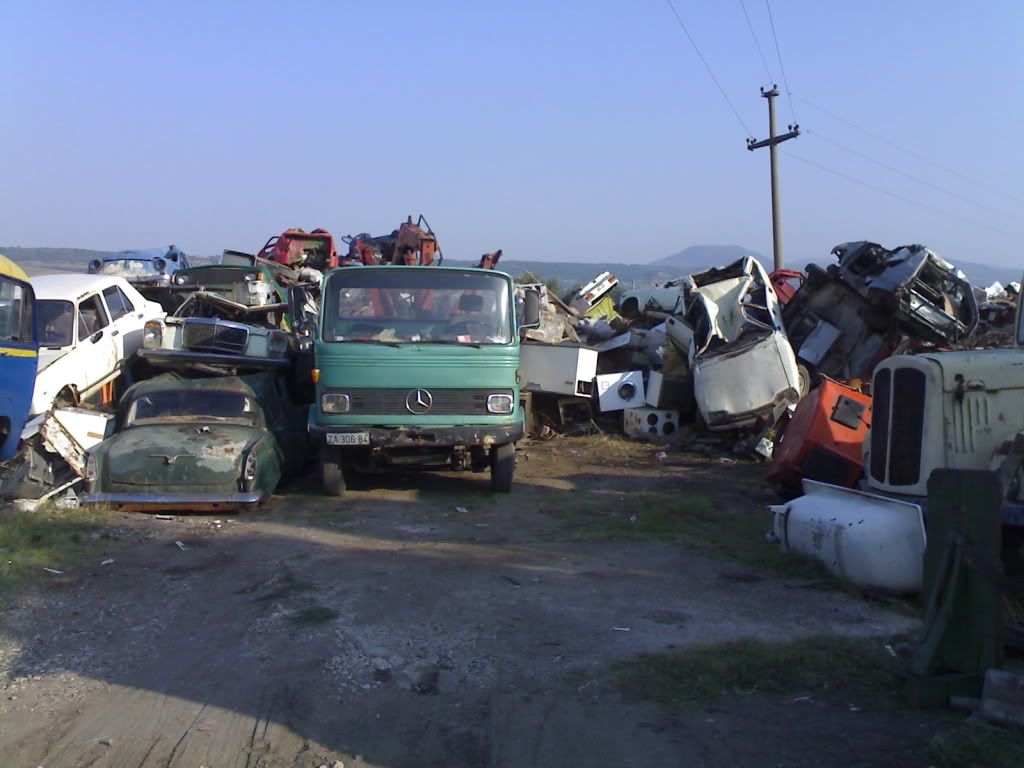
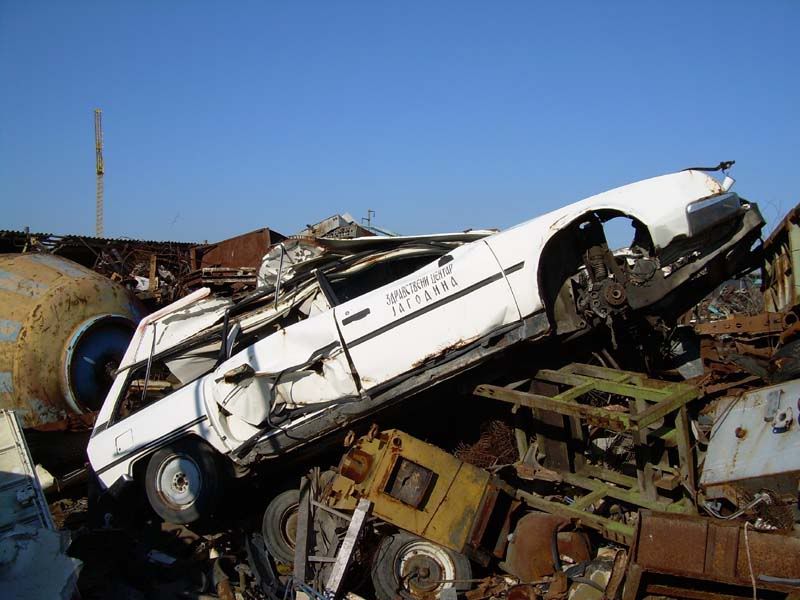
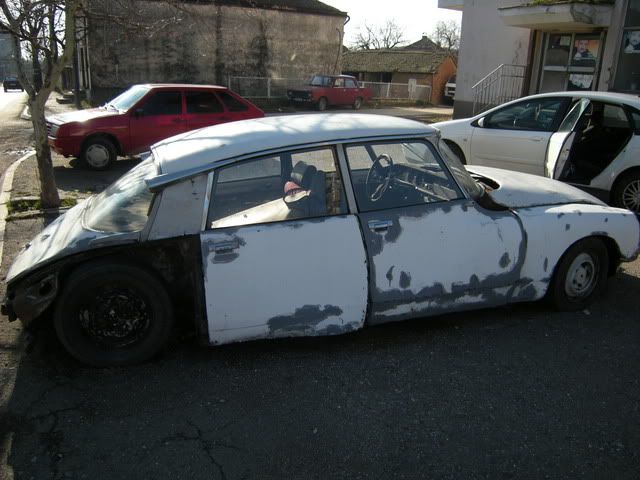
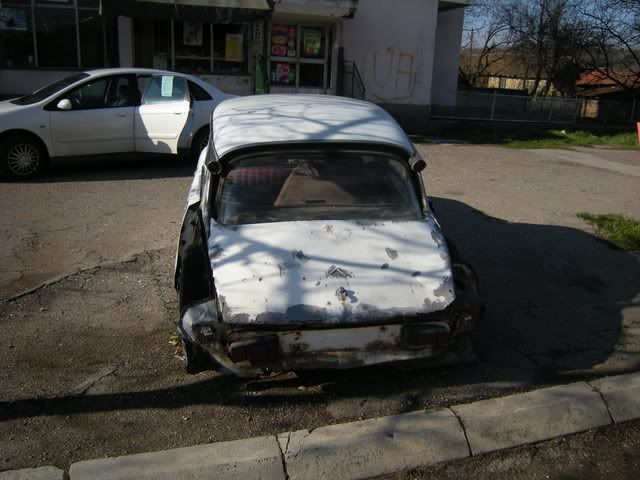
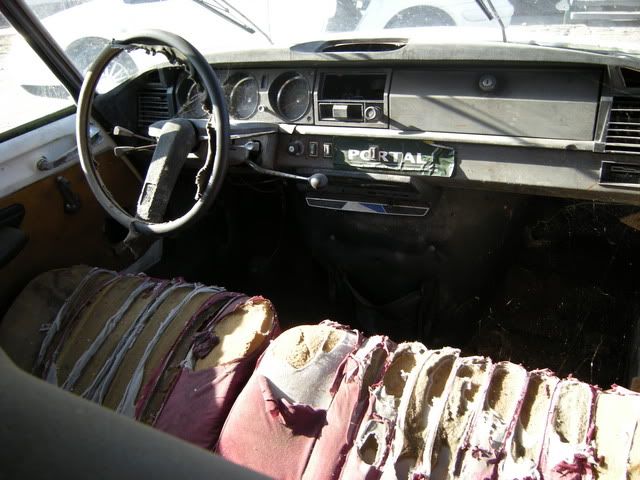
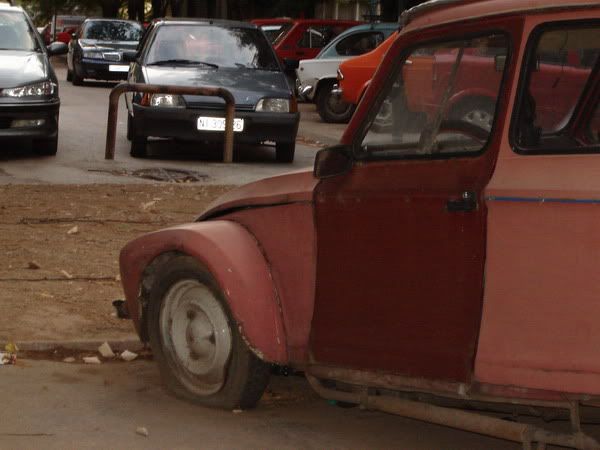
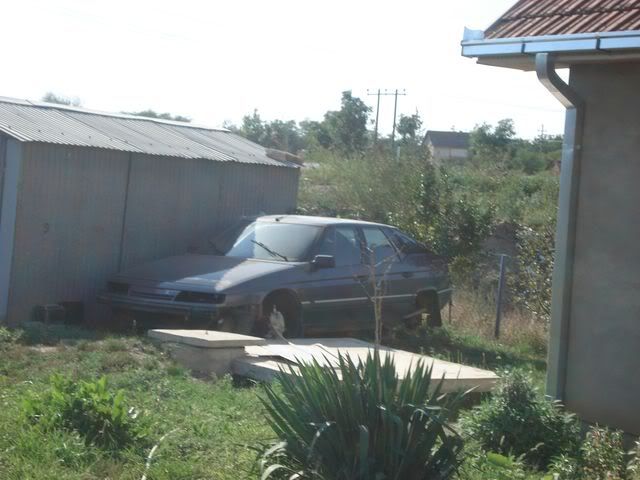
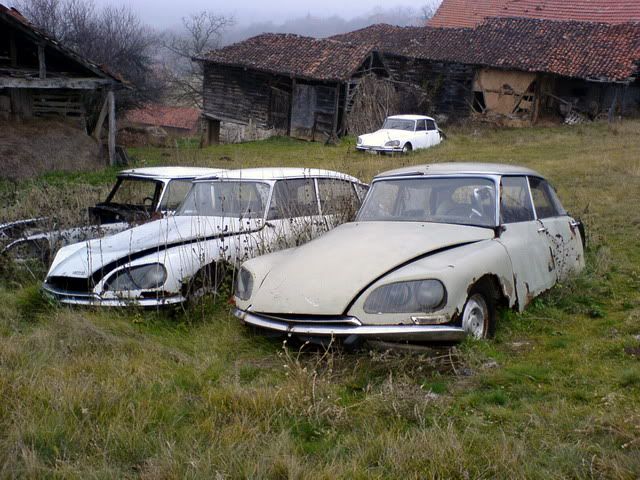
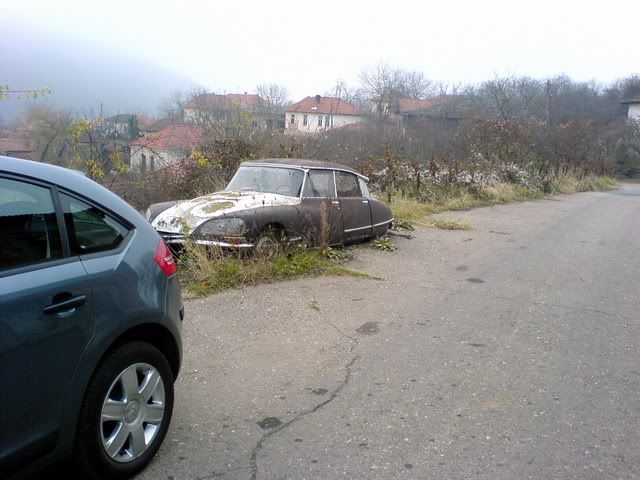
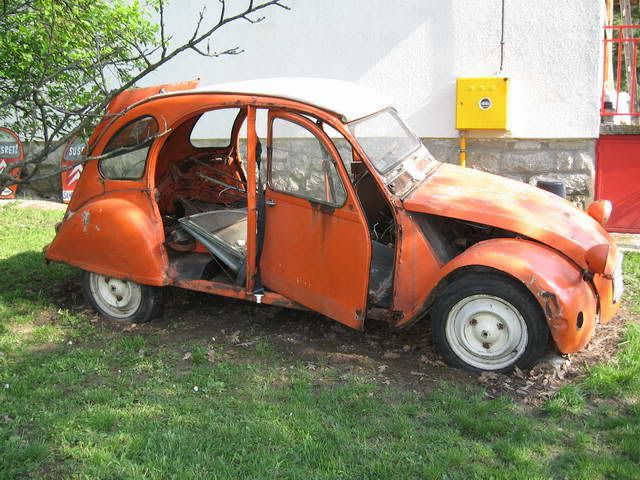
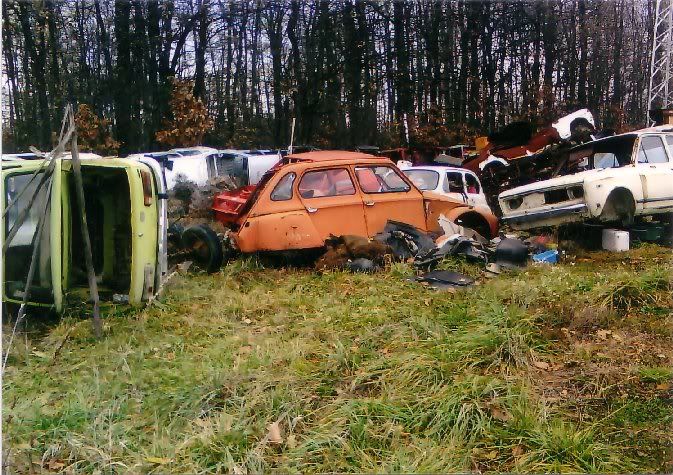
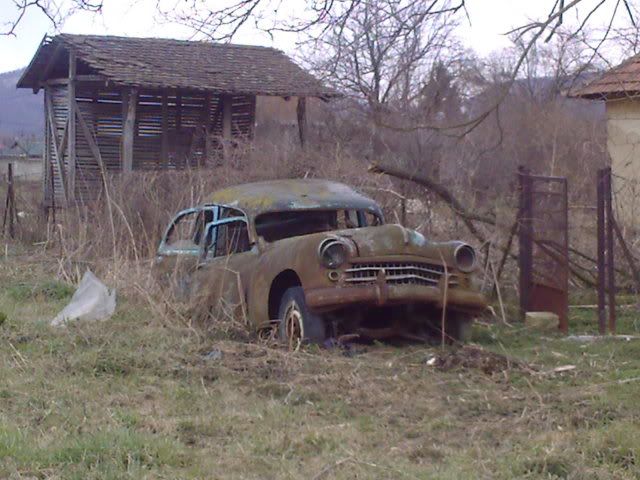
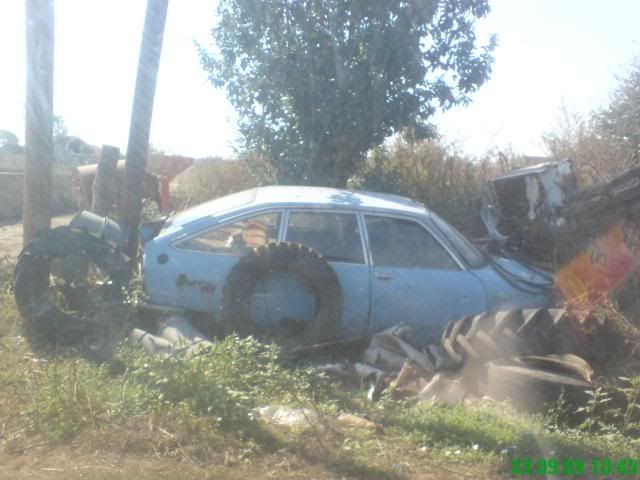
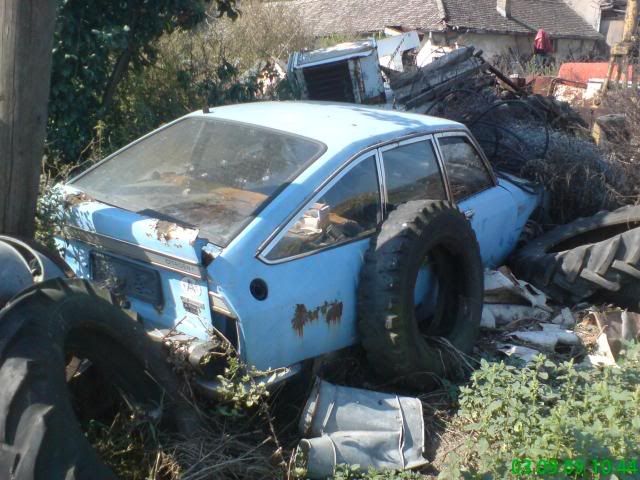
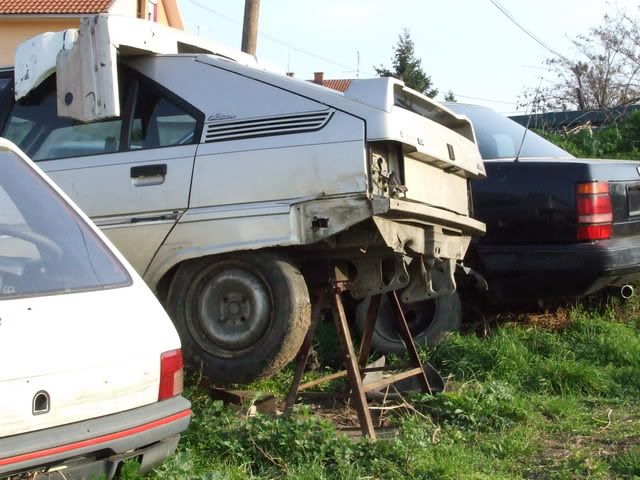
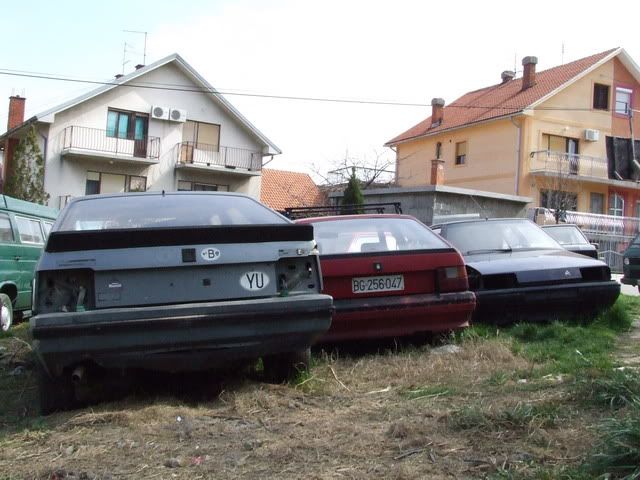
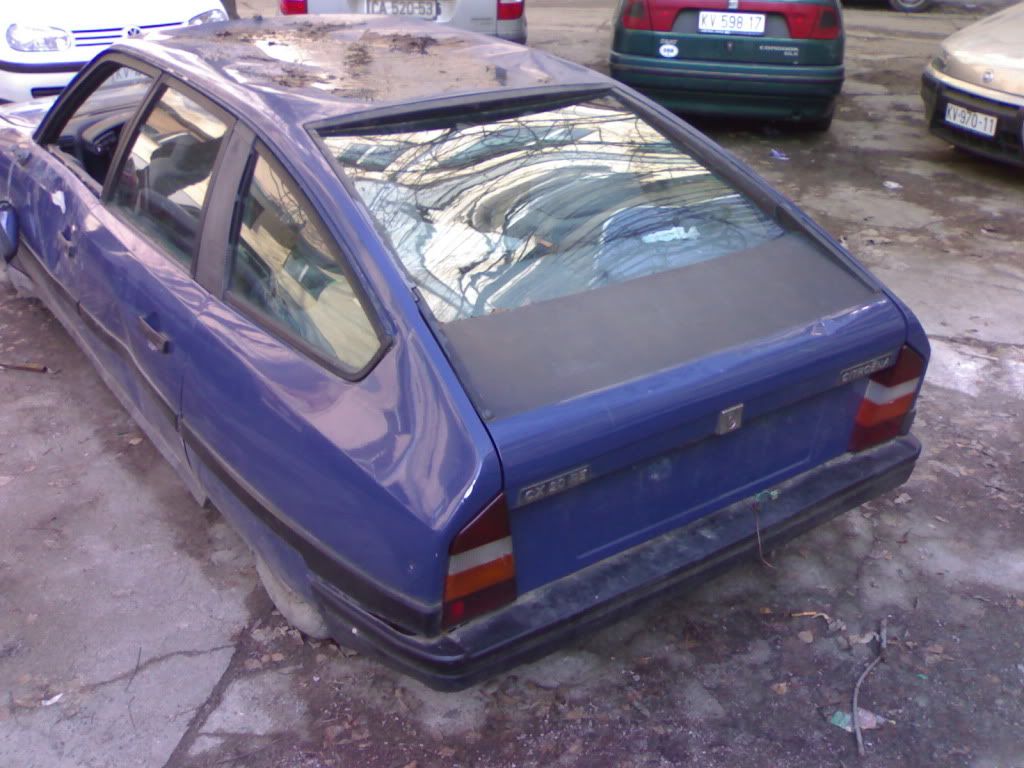
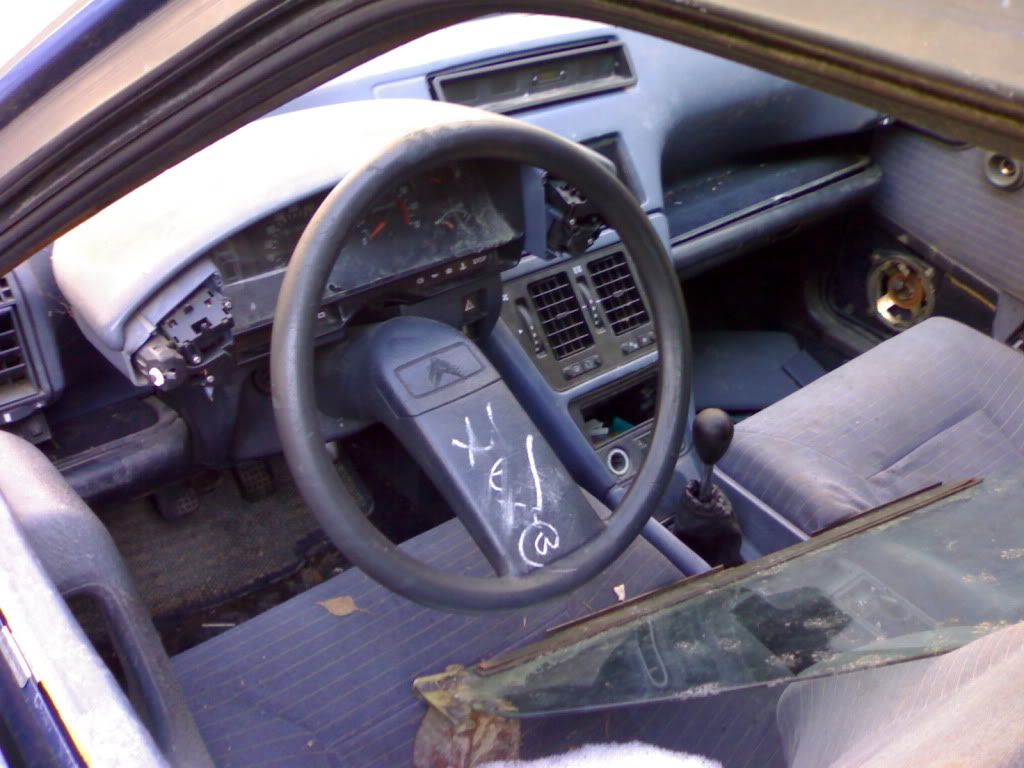
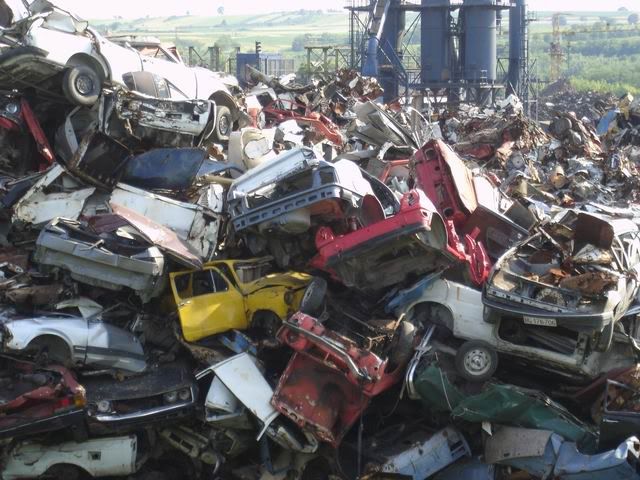
 Sorry, but you went into the wrong direction. I'm not engaged with Beetles. I prefer more hightech
Sorry, but you went into the wrong direction. I'm not engaged with Beetles. I prefer more hightech  Our club-page:
Our club-page: 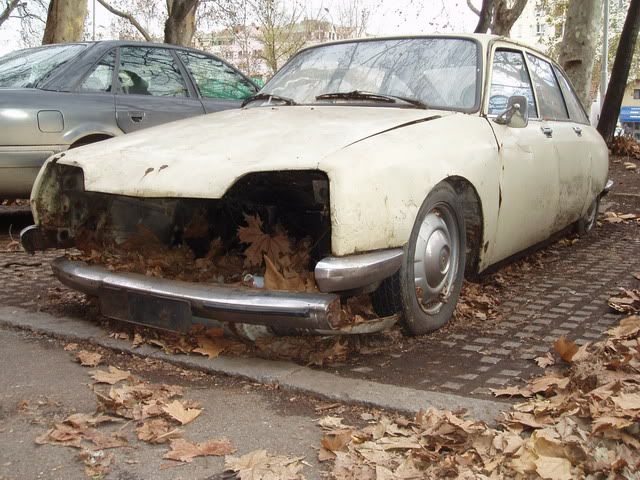
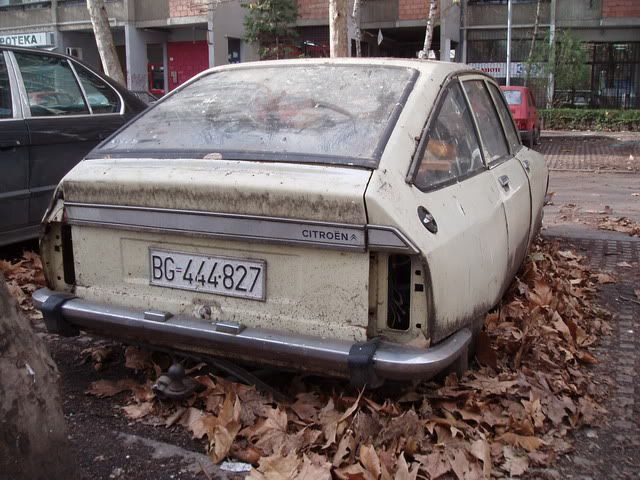
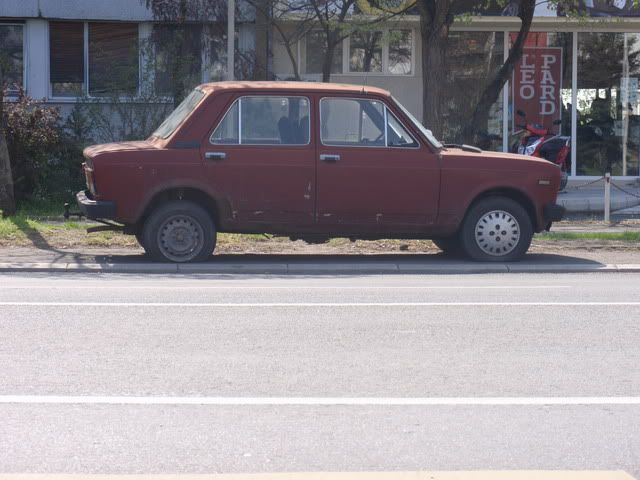
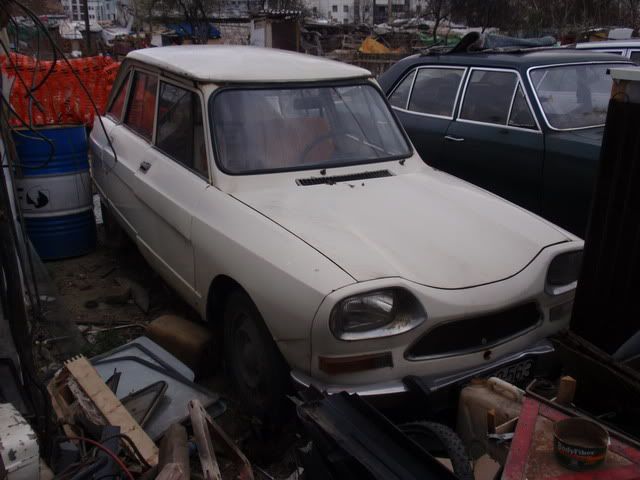
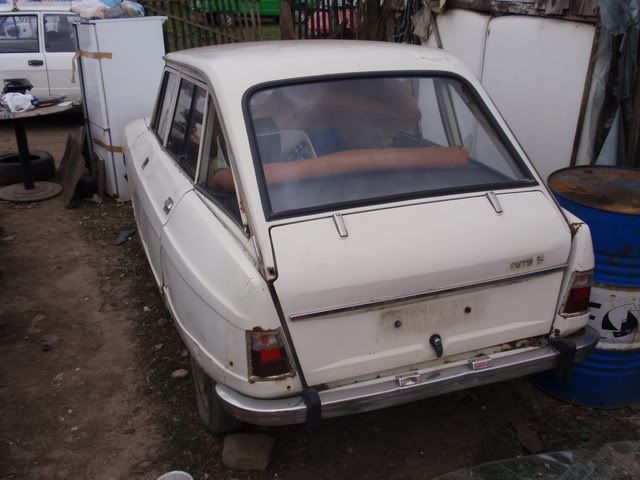
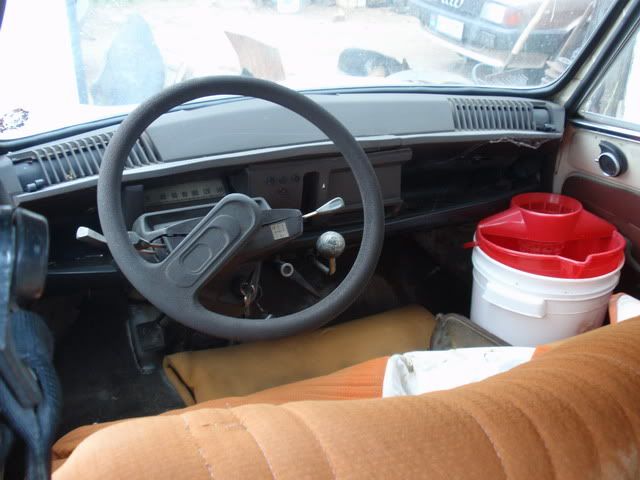

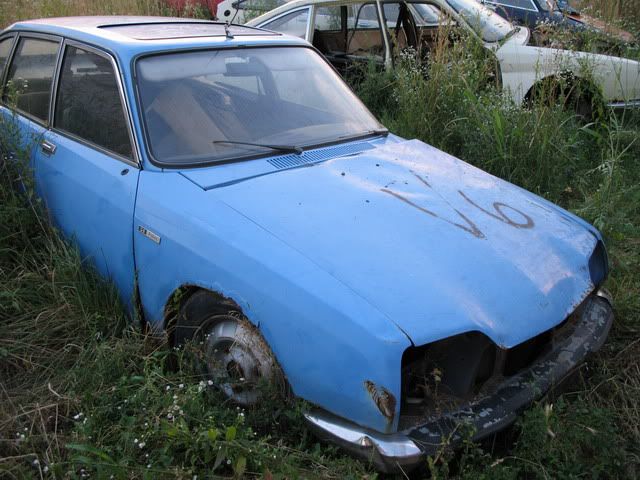
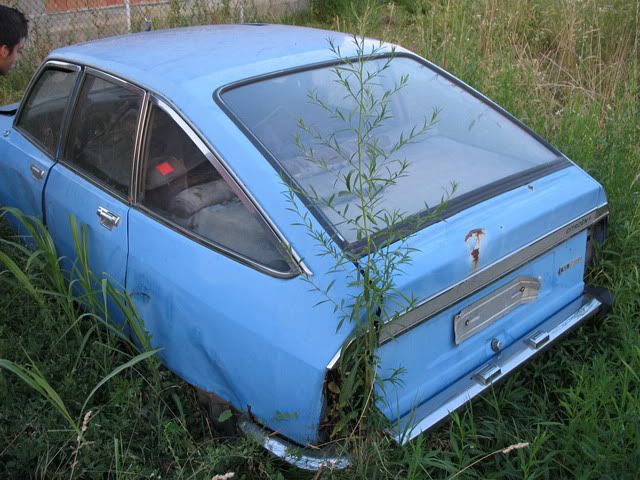





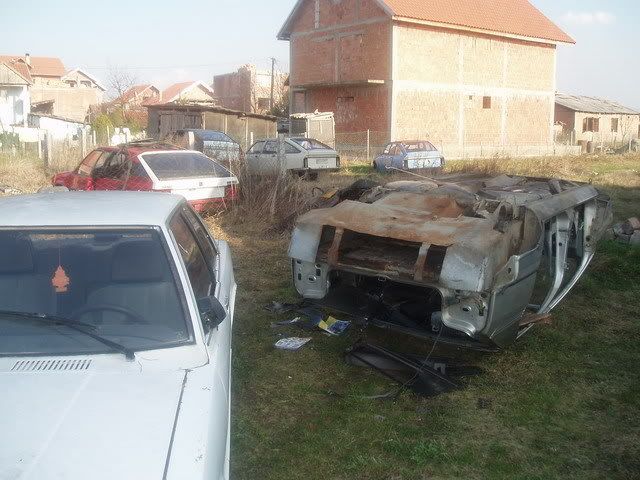
 !
! , and then sell them as perfectly legal and "in good shape" cars! Some owners of beat-up cars also do the same thing - buy same car as theirs from abroad, bring it here somehow (usually find someone with working visa to drive it here, usually someone they know) and in "specialised shops" change chasis number (price depends on the model - from 250 to 800 euros)! They sell old car as scrap metal, and drive "new one" with papers from the previous! Usually such cars are Golf Mk2, Opel Kadett E, Citroen BX, Citroen AX (changing numbers is very easy on Citroens, since number on old models is embedded only on one spot), Mazda 626, 323, Audi 80/100 - "the egg", and lately even newer cars - Opel Vectra/Astra F, Omega, Renault Clio, Audi and BMW models that are not Euro 3... Classical crime!
, and then sell them as perfectly legal and "in good shape" cars! Some owners of beat-up cars also do the same thing - buy same car as theirs from abroad, bring it here somehow (usually find someone with working visa to drive it here, usually someone they know) and in "specialised shops" change chasis number (price depends on the model - from 250 to 800 euros)! They sell old car as scrap metal, and drive "new one" with papers from the previous! Usually such cars are Golf Mk2, Opel Kadett E, Citroen BX, Citroen AX (changing numbers is very easy on Citroens, since number on old models is embedded only on one spot), Mazda 626, 323, Audi 80/100 - "the egg", and lately even newer cars - Opel Vectra/Astra F, Omega, Renault Clio, Audi and BMW models that are not Euro 3... Classical crime!  ! Like this Citroen XM - it was imported legaly long time ago(2003. I think) and still has "D" sticker on the bumper:
! Like this Citroen XM - it was imported legaly long time ago(2003. I think) and still has "D" sticker on the bumper:

